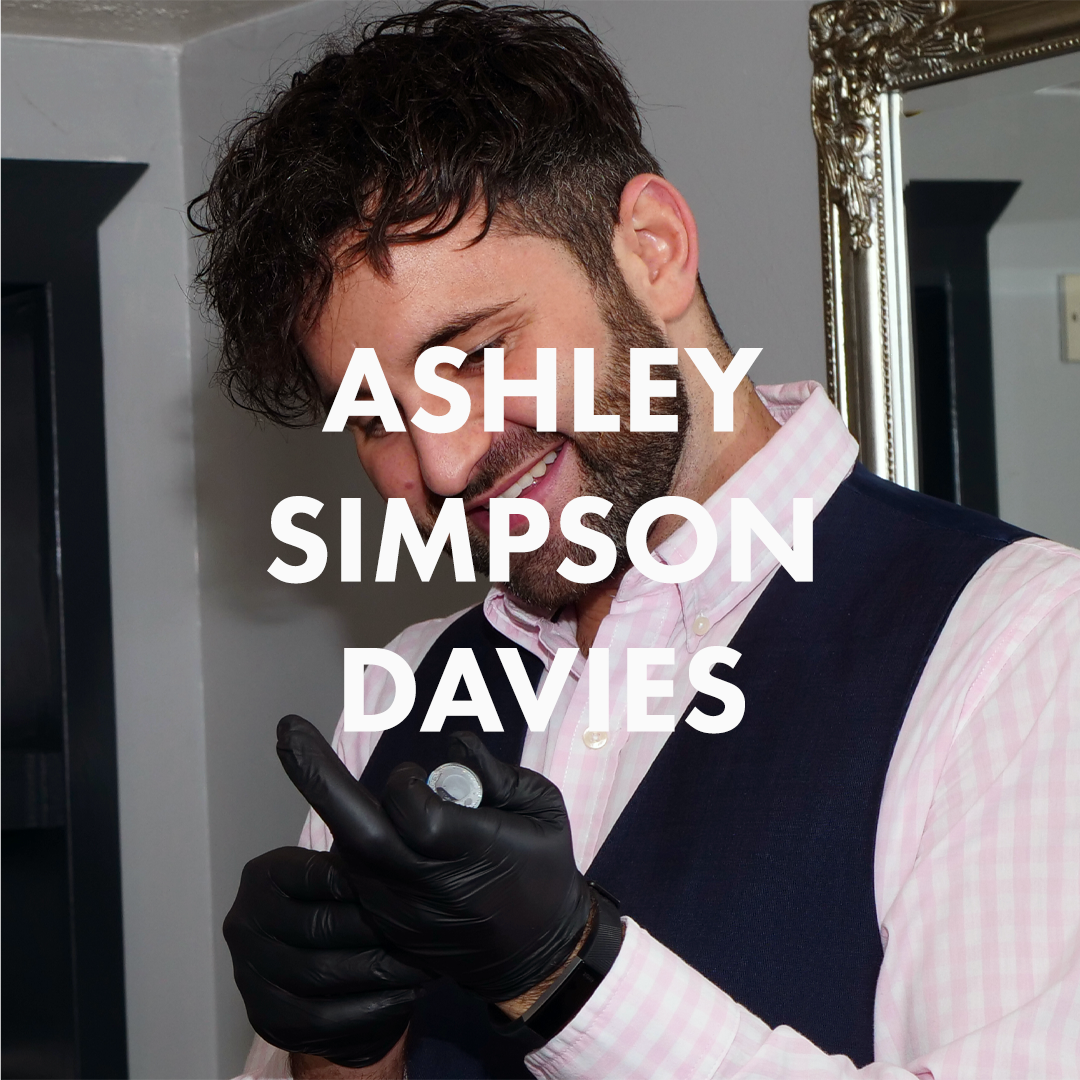Helping a national cosmetics brand 2X their revenue
by Tiffan Meloney
Kanvas Cosmetics sells aesthetic services to clients across the UK. They have an online store, multiple physical locations, and offer a training program.
Being a cosmetics brand, they advertised solely on Instagram as their main source of income.
Once they noticed the rising advertising costs of these Instagram campaigns, they reached out to us looking for help.
In the discovery call, we had a quick chat about their issues, goals, and KPIs.
We then requested access to their accounts to take a closer look at their entire marketing strategy.
Finding Their High Impact Problems
Since we're a pay per performance agency, we have to find and solve the problems that make this most impact to the business.
Often we find that these problems aren’t localized to a business’ advertising strategy. Instead, there tend to be bottlenecks that slow down the process from the start to the end of the sales cycle.
So, we began our partnership with Kanvas with a full audit of their entire money-making machine.
We had a look at their analytics, advertising accounts, CRMs, their customer conversations, and finally had a chat with their sales and marketing teams.
After a week of analysis, we identified two bottlenecks and devised plans to fix them.
Reducing Ad Spend
Many small businesses don’t have an in-house media buyer, so they tend to fall for Zuckerberg’s advertising money-grab.
Luckily for Kanvas, their most responsive audience use Instagram, so they were able to generate great returns from this simple strategy.
With that solid foundation, the road to growth was clear.
We started by organizing the campaigns by type--each type based on the prospect’s stage in the sales cycle. These types were:
•
Campaigns that brought awareness to the Kanvas brand.
Campaigns that brought awareness to the Kanvas brand.
•
Campaigns that advertised to existing customers to increase rebooking rates.
Campaigns that advertised to existing customers to increase rebooking rates.
•
Remarketing campaigns to educate and guide new prospects through the decision-making process.
Remarketing campaigns to educate and guide new prospects through the decision-making process.
•
Campaigns that directly asked to book an appointment.
Campaigns that directly asked to book an appointment.
By organizing campaigns this way, we were able to leverage higher levels of engagements to reduce ad spend.
As the prospect progressed through the funnel, the less we had to spend on the engagement, leading to reduced customer acquisition costs.
 We show the profiles of our aestheticians to guide new prospects through the decision making process.
We show the profiles of our aestheticians to guide new prospects through the decision making process.

We show the profiles of our aestheticians to guide new prospects through the decision making process.
Speeding Up the Sales Cycle
While we performed the marketing audit, we noticed that customers were asking Kanvas’ support team similar questions before making an appointment.
Since they did not have 24/7 customer support the dialogues went back and forth which added extra days to the sales cycle.
With help from the customer service team, we made a list of common questions that prospects ask before booking an appointment.
First, we created advertising campaigns to handle simple informational questions. We wrote long-form ad copy to educate the prospect about these questions.
Second, we expanded their campaigns to Facebook using a lookalike audience that had high lifetime value (LTV).
This allowed us to create a messenger bot that streamlined the Q/A process. The bot handled most of the objections prior to the start of the booking process, leading to a faster sales cycle.
The Results Speak for Themselves
These two changes brought the most improvement to Kanvas’s bottom line. Here’s a rundown of results achieved:
•
The cost per booking decreased from £40 to £20.
The cost per booking decreased from £40 to £20.
•
The average sales cycle went from 10 to 7 days.
The average sales cycle went from 10 to 7 days.
•